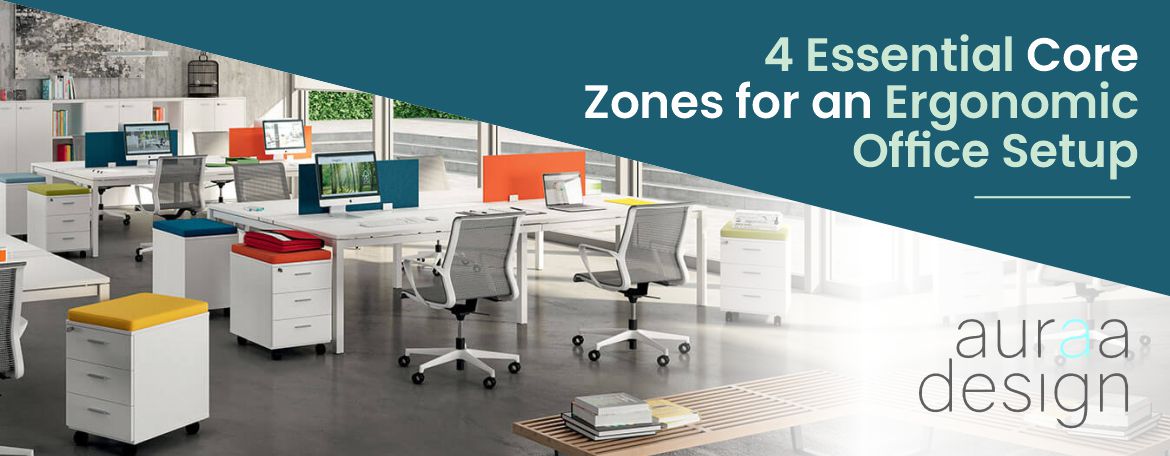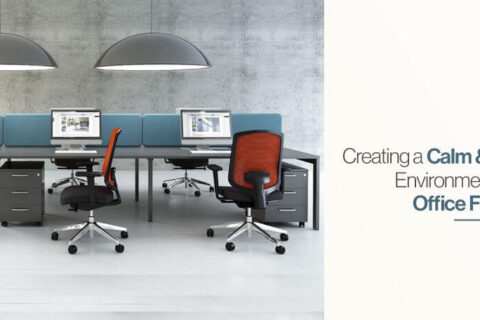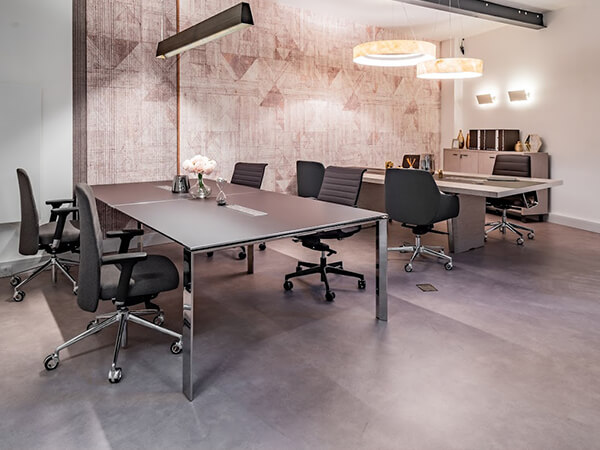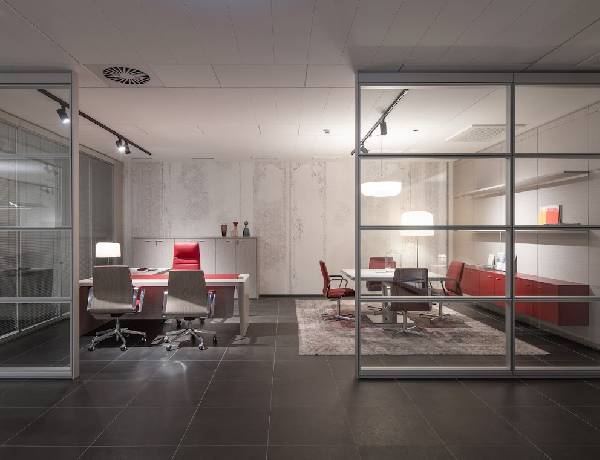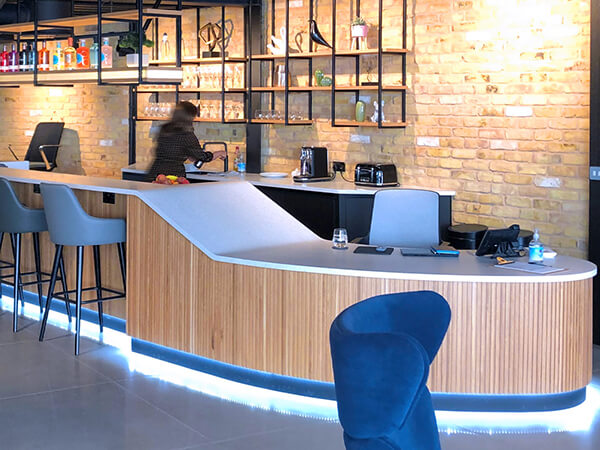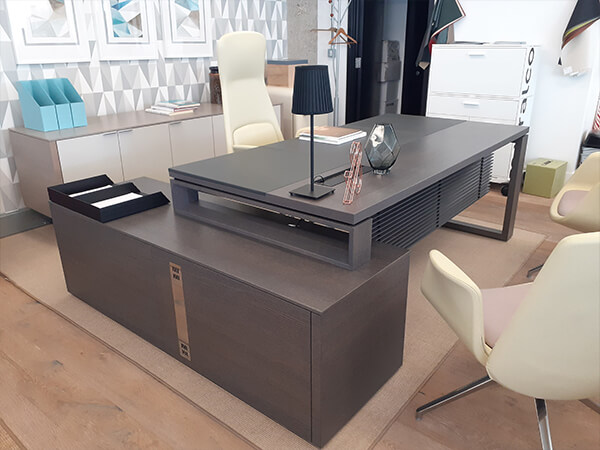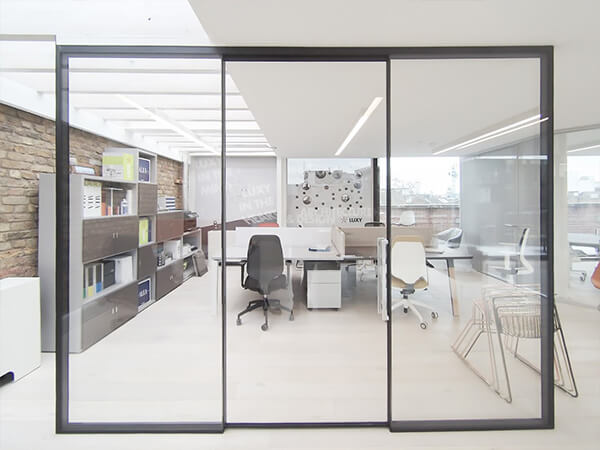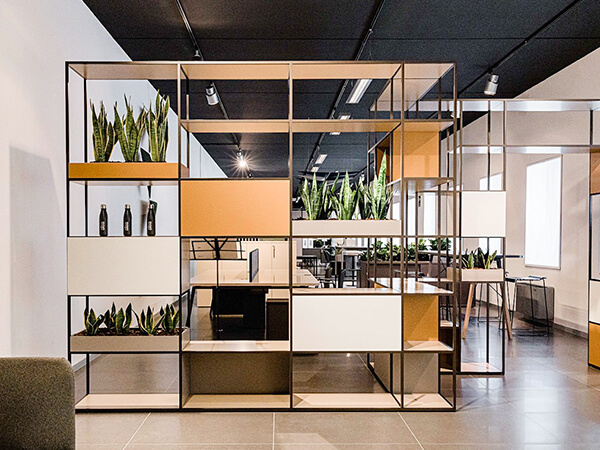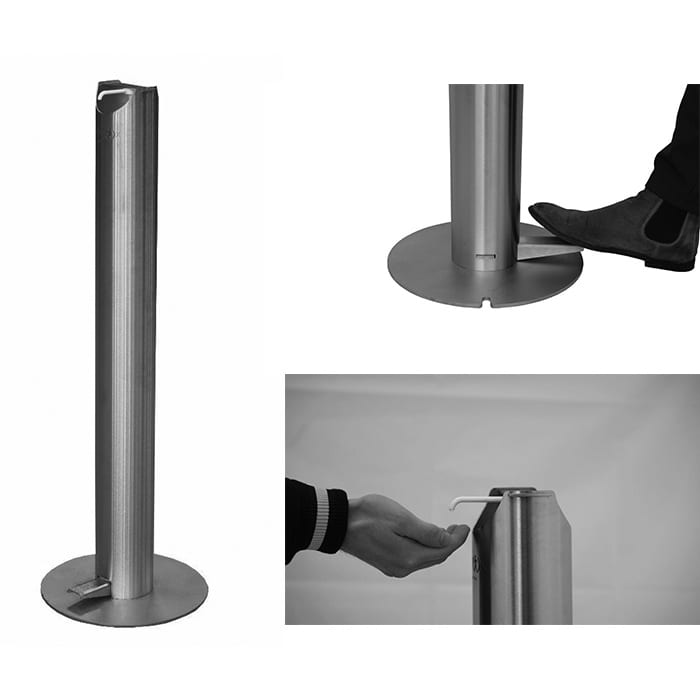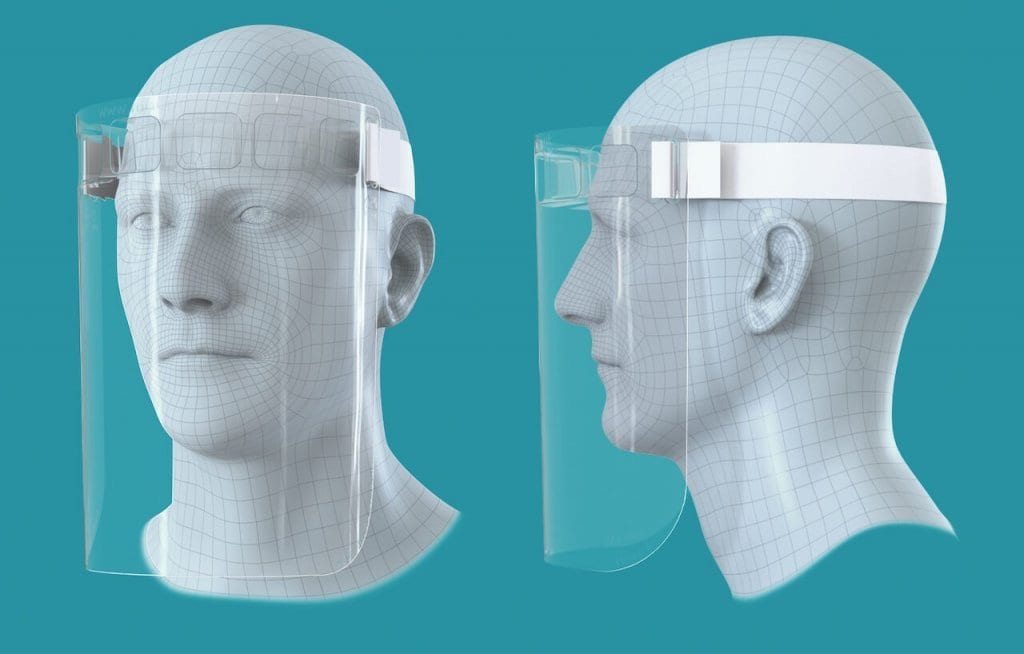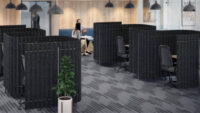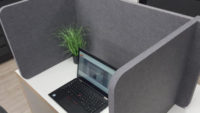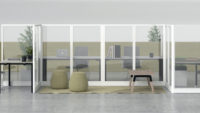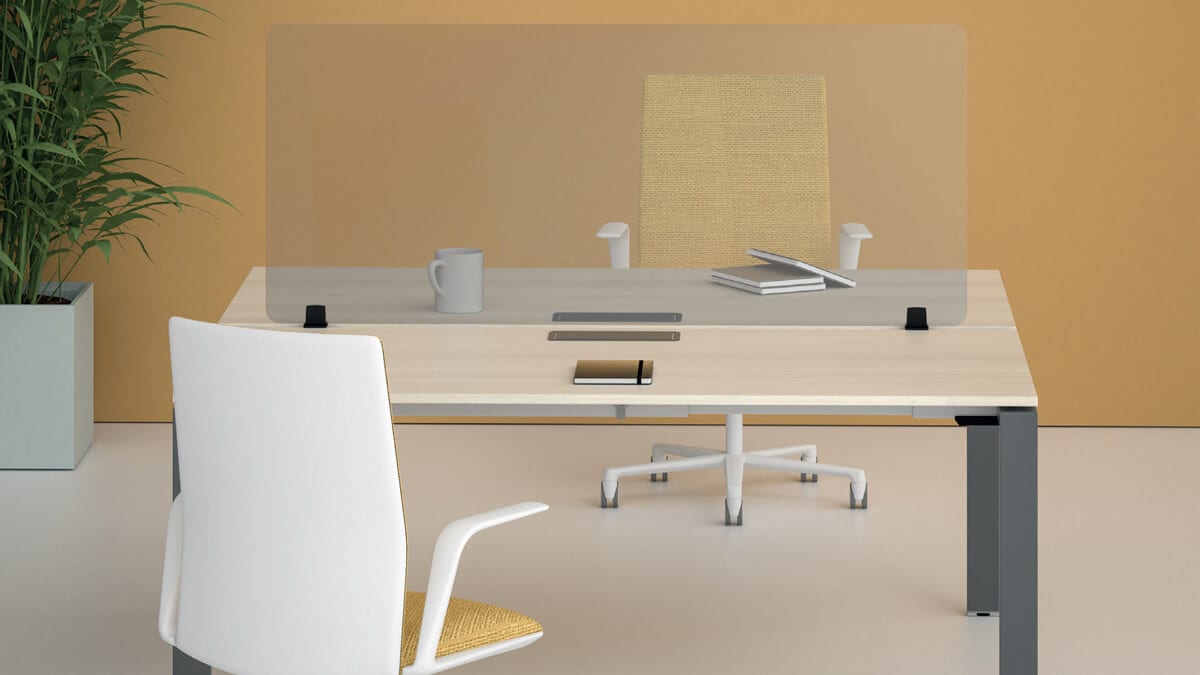Table of Contents
4 Essential Core Zones for an Ergonomic Office Setup
In the contemporary professional landscape, the significance of an ergonomic office setup cannot be overstated. Such a setup not only enhances productivity but also prioritises the health and comfort of employees. Understanding the crucial zones within an office space that contribute to an ergonomic setup is pivotal for designing a workspace that optimises efficiency and well-being
1. Workspace Configuration
The cornerstone of an ergonomic office setup begins with the workstation configuration. This includes the arrangement of desks, chairs, monitors, and input devices. Each element should be adjustable to accommodate individual preferences and promote a neutral body posture. Ergonomic chairs with proper lumbar support, adjustable height desks, and monitor arms that allow for optimal screen positioning are key components in this zone. The goal is to minimise strain on the body, particularly on the spine, wrists, and neck, reducing the risk of musculoskeletal issues.
2. Task-specific Areas
Different tasks demand different settings within the office. Creating designated areas for specific tasks—such as collaborative spaces, quiet zones, and standing desks—enhances flexibility and supports varied work styles. A study in the Harvard Business Review found that employees in companies with more collaborative workspaces reported higher levels of job satisfaction, innovation, and productivity. Collaborative spaces encourage teamwork, while quiet zones facilitate focused work. Standing desks offer alternatives to sitting for prolonged periods, promoting movement and reducing sedentary behaviour, which has been linked to various health concerns.
3. Storage and Accessibility
Efficient storage solutions play a pivotal role in maintaining a clutter-free workspace. Ensuring easy accessibility to essential tools, documents, and supplies reduces unnecessary reaching and twisting, mitigating potential strain or injury. Ergonomically designed storage units positioned at reachable heights or equipped with smooth-sliding drawers contribute to a seamless workflow and a more organised environment.
4. Environmental Ergonomics
Consideration of environmental factors is equally crucial in an ergonomic setup. The correct lighting, adequate ventilation, and temperature control contribute to employee comfort and well-being. Natural light is preferred, supplemented by adjustable artificial lighting to reduce eye strain. Good air quality and comfortable room temperature create an inviting workspace conducive to productivity and focus.
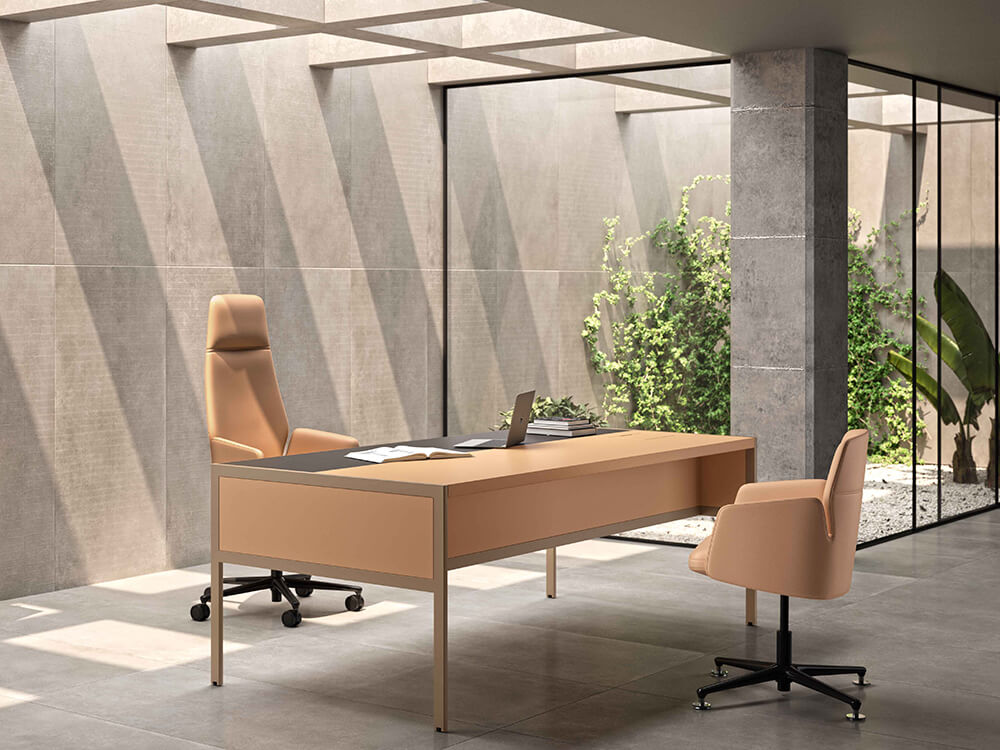
Wrapping up
An ergonomic office setup is not merely about the arrangement of furniture; it’s a holistic approach aimed at optimising the working environment for the well-being and productivity of employees. By focusing on these four core zones—workstation configuration, task-specific areas, storage and accessibility, and environmental ergonomics—an office can transform into a space that fosters efficiency, comfort, and overall employee satisfaction. Contact Auraa Design to purchase your ergonomic furniture today!


